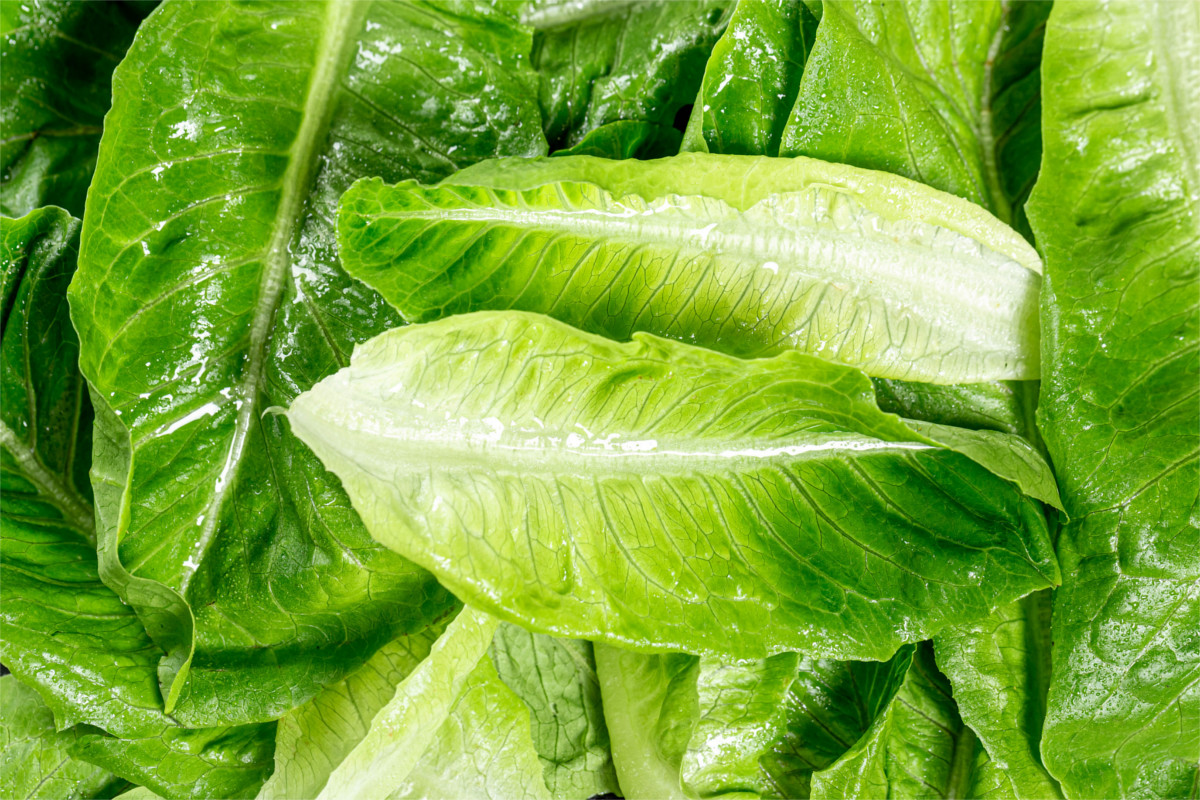
The CDC reports that a total of 58 people have been hospitalized and 10 people developed kidney failure as a result of E. coli outbreaks across the country since late November. No deaths have been reported. (Marco Verch/flickr)
The Centers for Disease Control and Prevention announced this week that 35 more people have been infected with an E. coli strain, adding to the toll of 67 cases reported on November 26.
The Food and Drug Administration and the CDC are investigating outbreaks in 23 states.
The top culprit is Romaine lettuce harvested in Salinas, California, but investigators are looking into possible links with other products.
The FDA advised that Romaine lettuce not labeled with location information should be discarded just to be safe.
Links to Salinas Valley lettuce cropped up last month when health officials tracked illnesses to salads packed by a food company in New Jersey.
Missa Bay recalled more than 75,000 pounds of salad products as a result.
Health officials first warned people not to eat lettuce from Salinas on November 22. The CDC’s updated announcement asks distributors to hold the lettuce for the remainder of the growing season.
The FDA said that romaine lettuce grown outside Salinas has not been implicated, adding that hydroponic and greenhouse romaine labeled as grown indoors is not related to the outbreak.
Food safety advocates say lettuce has a higher tendency to carry E. coli because it lacks any rinds or peels to stave off bacteria, and nooks and crannies on fragile leaves make it harder to wash surfaces thoroughly.
Read More:
E. Coli Outbreak Linked To California Romaine Lettuce Expands With More Than 100 Ill (USA Today)
Romaine Lettuce Tainted By Fecal Bacteria Sickens More Than 100 People (LA Times)
Investigation Of E. Coli O157:H7 Outbreak Linked To Romaine From Salinas, California, November 2019 (FDA)












